Goth Chick News: A Black Gate Indy Film Exclusive: Outpost 13
 There’s almost nothing as cool as getting an exclusive — unless it’s an exclusive from an up-and-coming film maker.
There’s almost nothing as cool as getting an exclusive — unless it’s an exclusive from an up-and-coming film maker.
When one considers that every director who ever created a blockbuster was once a struggling artist thrashing about in the low-budget trenches, one imagines that when said directors finally hit the big time, they’ll remember those who recognized genius and encouraged them in their leaner years, then invite those people to high-power lunch meetings and red-carpet events which steadfast supporters can only daydream about today.
Right, Wyatt?
Wyatt Weed from Pirate Pictures, along with his colleagues at State of Mind Productions, are the creative force behind the new indy short-film project Outpost 13 and they’ve granted an exclusive screening to Black Gate readers before the film is released to the wider viewing audience.
Yes, that’s right. An exclusive. Which ranks Wyatt Weed above Ridley Scott, who only sends us the trailers about five minutes before everyone else gets them.
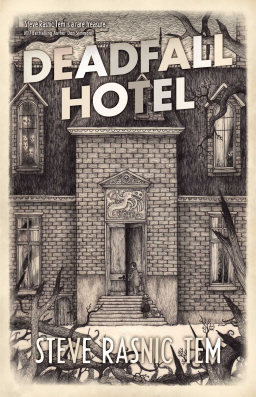
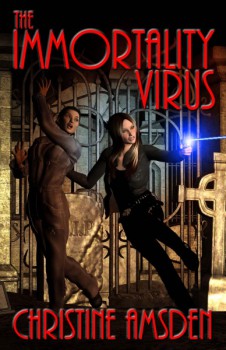 The Immorality Virus
The Immorality Virus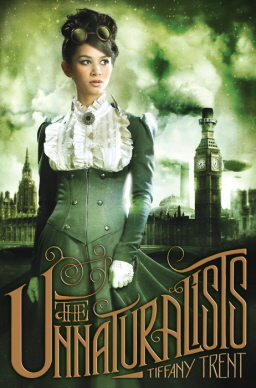
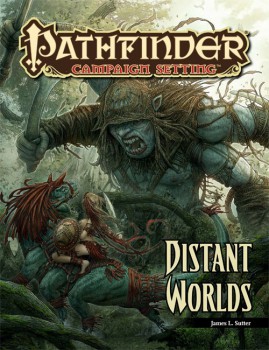
 Before getting into Men in Black Part the Third, I must retract a promise made in an earlier post, where I
Before getting into Men in Black Part the Third, I must retract a promise made in an earlier post, where I 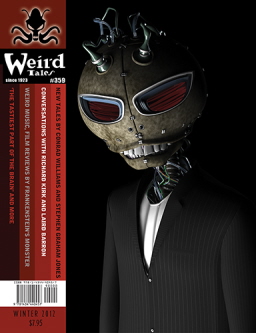
 Triptych
Triptych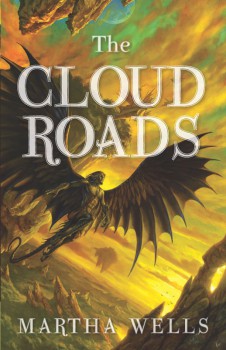 The Cloud Roads
The Cloud Roads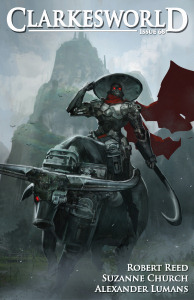 The May issue of Clarkesworld is currently
The May issue of Clarkesworld is currently  ramblings. While I tend to think all this stuff really is the result of a bad acid trip, Critchley as a professor of philosophy for the most part keeps a straight face. Some of you may laugh out loud not only at the source material, but the attempt at exegesis.
ramblings. While I tend to think all this stuff really is the result of a bad acid trip, Critchley as a professor of philosophy for the most part keeps a straight face. Some of you may laugh out loud not only at the source material, but the attempt at exegesis.